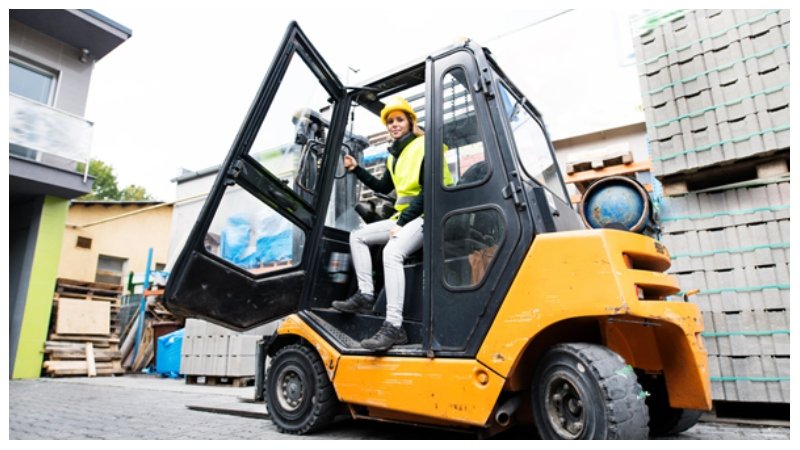Have you ever wondered why forklifts suddenly stop working just when you need them the most? Forklifts are important machines that help move heavy loads quickly, but when they break down, work can come to a halt. This blog explains common forklift issues and offers quick fixes to prevent costly downtime, boost performance, and keep your operations running smoothly.
By reading this post, you will learn how to spot problems early and handle them before they become big troubles. This way, you can save time and money and avoid stress at your workplace.
Why Forklifts Stop Working and How to Spot Problems Early
Forklifts face many challenges because they work hard every day. One common issue is battery failure. If a forklift battery is weak or not charged properly, the forklift will not start or may stop working suddenly.
Checking the battery regularly and keeping it clean can help prevent this. Another problem is worn-out tires. Tires that are damaged or low on air can make the forklift unstable and dangerous to use.
Forklift engines also need attention. Dirt and dust can clog filters, causing the engine to lose power or stop working. Changing filters and keeping the engine clean can solve this problem.
Hydraulic systems that lift and move heavy loads may leak or lose pressure. This can make the forklift slow or unable to lift properly. Watching for oil leaks and listening for strange noises can help catch hydraulic issues early.
Simple Repairs That Save Time and Money
Fixing forklift problems does not always require a mechanic. Some repairs are quick and easy. For example, cleaning battery terminals with a wire brush removes corrosion and improves power.
Tightening loose bolts on forks and wheels can stop rattling and keep the machine safe. Adding the right type of oil to hydraulic systems can restore lifting power. These fixes only take a few minutes but keep forklifts working smoothly.
Regular maintenance is the best way to avoid big repairs. Making a schedule to check key parts, such as brakes, lights, and steering, helps catch problems before they get worse. When you find broken parts, use reliable industrial equipment parts and support to get replacements fast.
Using the right parts ensures forklifts last longer and work better. It also reduces the chance of new problems appearing.
How To Keep Forklift Performance Strong Every Day
Good forklift performance depends on more than just repairs. Training operators to use forklifts correctly can prevent many problems. For example, driving slowly on rough surfaces protects tires and the engine.
Keeping the forklift clean is also important. Dirt, dust, and spills can cause parts to break faster. Cleaning forklifts at the end of each day stops buildup and helps spot leaks or cracks early.
Keep Your Forklift Ready to Work With These Easy Tips
Downtime is costly, but it is often avoidable. By checking batteries, tires, engines, and hydraulics regularly, you stop many common forklift issues before they start. Simple repairs and regular cleaning also keep forklifts in top shape.
Using quality industrial equipment parts and support ensures that replacements fit and work well. Training operators to handle forklifts carefully adds extra protection.
Avoid Expensive Delays And Keep Your Forklift Moving
Knowing common forklift problems and how to fix them quickly saves your business time and money. Regular care and simple repairs stop breakdowns from slowing down work. Clean forklifts and trained drivers help machines last longer and perform better.
Did this guide help you? Browse the rest of this section for more advice on a variety of topics.

